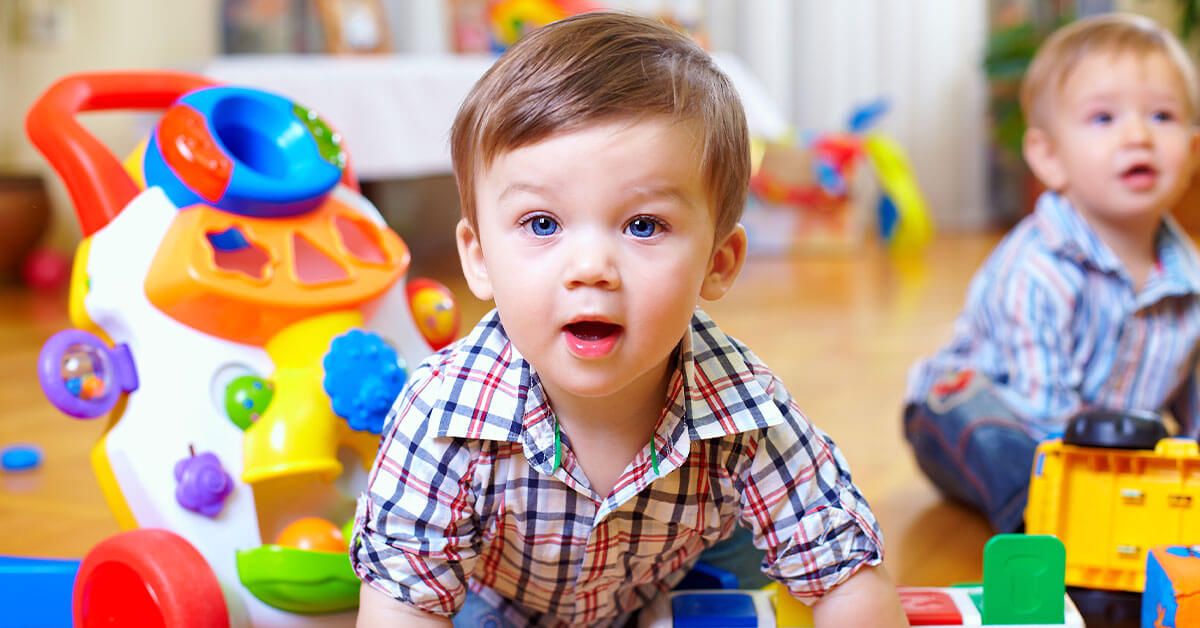This comprehensive checklist is designed for parents to monitor their child’s developmental progress through various stages of early childhood. By keeping track of these milestones, you can support your child’s growth and identify any areas where they may need additional support or evaluation. Remember, every child develops at their own pace, but this guide can help you understand what to expect and how to encourage development.
Birth to 3 Months
- Smiles at people
- Can raise head and chest when lying on stomach
- Follows moving objects with eyes
- Coos and makes gurgling sounds
- Opens and closes hands
- Pushes down on legs when feet are on a hard surface
Tips to Encourage Development:
- Talk and sing to your baby often.
- Play with your baby during tummy time.
- Make frequent eye contact
- Smile at your baby as often as possible.
4 to 6 Months
- Laughs and squeals
- Reaches for toys and brings them to mouth
- Rolls over from tummy to back and back to tummy
- Responds to affection
- Interested in mirror images
Tips to Encourage Development:
- Provide a variety of toys with different textures.
- Encourage reaching by placing toys just out of reach.
- Spend time on the floor playing and interacting with your baby.
7 to 12 Months
- Responds to own name
- Sits without support
- Crawls
- Pulls to stand
- Uses simple gestures (shaking head “no” or waving “bye-bye”)
- Identifies parents by saying “mama” and “dada” to the correct parent
Tips to Encourage Development:
- Play peek-a-boo and other interactive games.
- Provide sturdy furniture for pulling up and cruising.
- Read to your child daily.
12 to 24 Months
- Walks independently
- Starts to run
- Can follow simple instructions
- Begins to use 2-4 word sentences
- Shows interest in playing with other children
- He begins to show defiant behavior
Tips to Encourage Development:
- Encourage exploration in a safe environment.
- Use simple, clear words and phrases to communicate.
- Offer choices to help with decision-making and independence.
24 to 36 Months
- Climbs well
- Runs easily
- Can correctly play with toys that contain buttons, levers, and moving parts
- Shows a wide range of emotions
- Follows instructions with 2 or 3 steps
- Names most familiar things
Tips to Encourage Development:
- Encourage pretend play.
- Provide puzzles and building blocks.
- Engage in conversation, expanding on your child’s sentences.
Conclusion
Monitoring your child’s progress through these milestones can help ensure they are on the right track and identify any potential delays early on. Always celebrate their achievements, no matter how small they may seem, and provide a loving, supportive environment that nurtures their growth. If you have concerns or concerns about your child’s development, consult with a pediatrician or a child development specialist as soon as possible. Early intervention can make a significant difference in your child’s development and well-being.
Verbal AUTISM provides the most practical app that makes it easier for children with autism to speak as well as providing all the tools needed to effectively teach. Available on Apple App Store and on Google Play Store.


